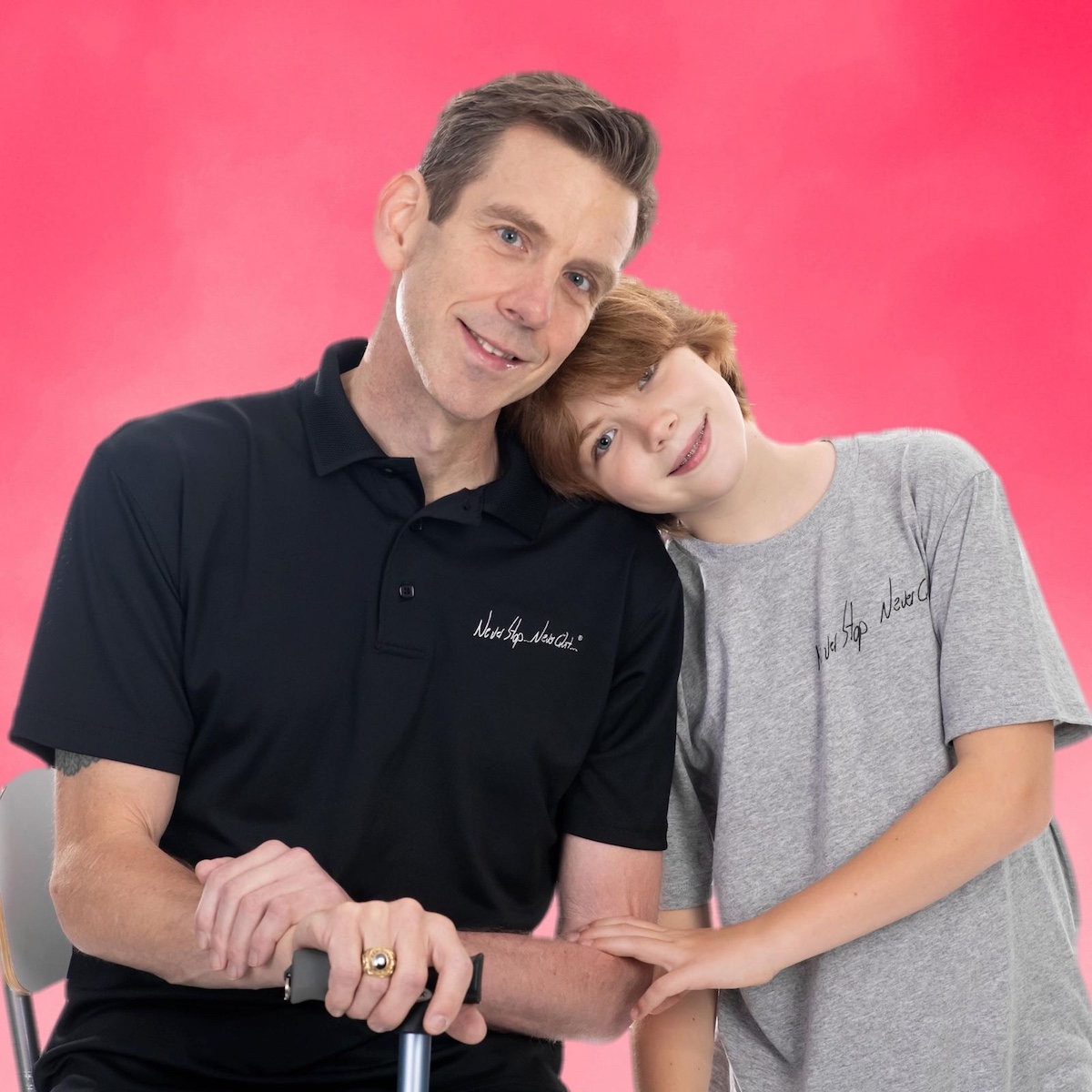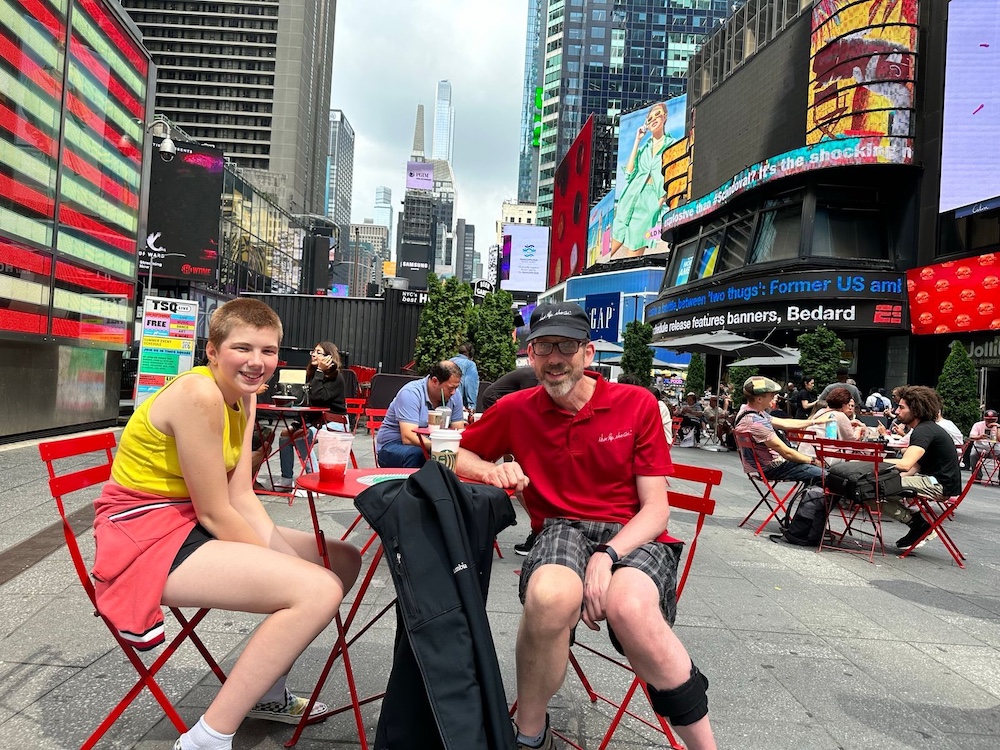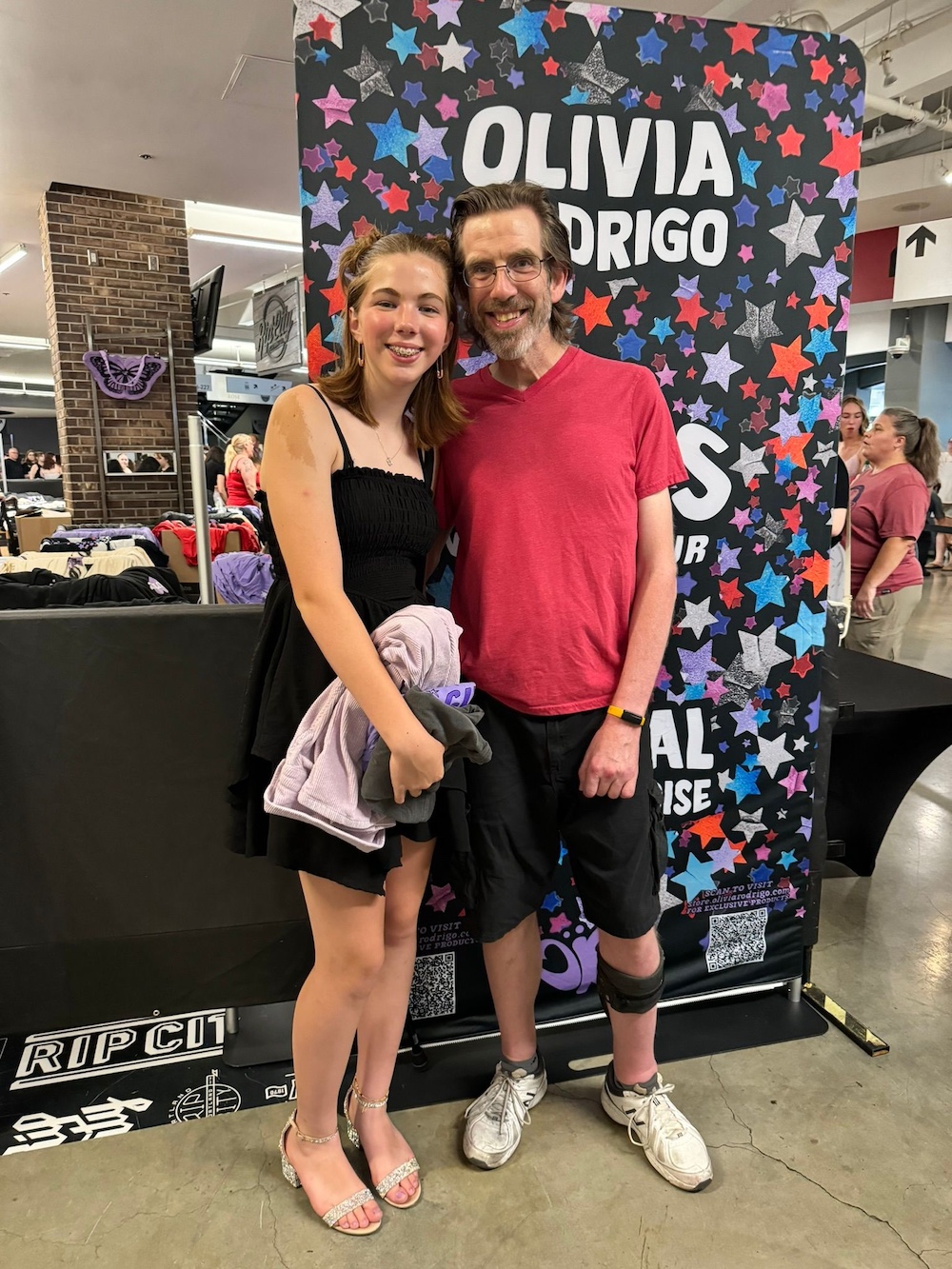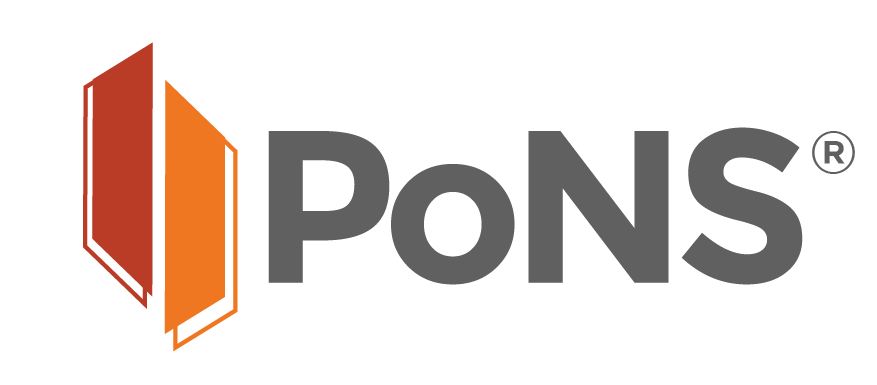A Daughter’s Perspective: How One Veteran Is Reclaiming Mobility Through PoNS Therapy
“Never Stop…Never Quit…For them.”
That’s the motto U.S. Army veteran Kevin Byrne lives by. Diagnosed with multiple sclerosis (MS) in 1999, Kevin has faced decades of mobility challenges. But what stands out most in his journey is not just the struggle—it’s the quiet strength of his support system, especially his daughter, Rogue.
In a candid conversation over dinner, Kevin and Rogue talk about life with MS, the day-to-day impact of the condition, and the changes they’ve experienced since Kevin began using the PoNS® Device as part of his therapy.

“You don’t fall like you used to. I remember you used to fall—a lot.”
The Diagnosis Before She Was Born
Kevin’s MS diagnosis came long before Rogue entered the picture. “It was back when you were in the Army. Back before I was born,” she notes, with the matter-of-fact tone only a teenager can deliver. Over the years, Kevin’s symptoms worsened—from balance issues to dangerous falls—adding new challenges to his role as a father.

The PoNS Therapy Experience
When Kevin introduced the idea of PoNS Therapy—a treatment involving a neuromodulation device worn on the tongue and around the neck—Rogue barely blinked. “You’re always doing stuff like that,” she said, referencing his various rehab efforts at home.
But over time, she saw real changes.
“Yeah, you can do stuff. Like when we went to New York and walked all over.”
With daily routines, physical therapy sessions, and dedication to the program, Kevin slowly regained mobility and strength. He’s not running marathons—but he’s walking, staying upright, and spending more active time with his daughter.
Accepting What Is—And Hoping for More
Despite growing up around the challenges of MS, Rogue never saw herself as burdened. Her view is refreshingly grounded. When asked if her dad’s mobility issues affect her life, she simply responds:
“You’re the one with the problem. Not me.”
To Rogue, supporting her dad is just part of who she is. “That’s just what I do when I’m with you,” she explains. There’s no self-pity, no dramatics—just an unshakable sense of normalcy and love.
Redefining “Normal”
For Kevin, the transformation has been profound. For Rogue, it’s simple: her dad is still her dad. His efforts don’t need applause—they just mean more quality time together.
“I like when we can do stuff and when you can do stuff, but if you can’t, it’s not gonna change.”
What stands out most in this interview is how love and perseverance shape a new kind of normal. One where progress is measured not just in steps taken, but in moments shared.

Closing Words from Kevin
“I just hope I can keep building on the improvements I’ve seen and continue to give you the experiences you deserve,” Kevin says.
“Never Stop…Never Quit…For them.”
Interested in Learning More About PoNS Therapy?
If you or a loved one is living with multiple sclerosis and experiencing difficulty with balance and gait, PoNS Therapy may offer a new path forward. The PoNS device is part of a short-term, intensive therapy program designed to help improve walking and mobility.
